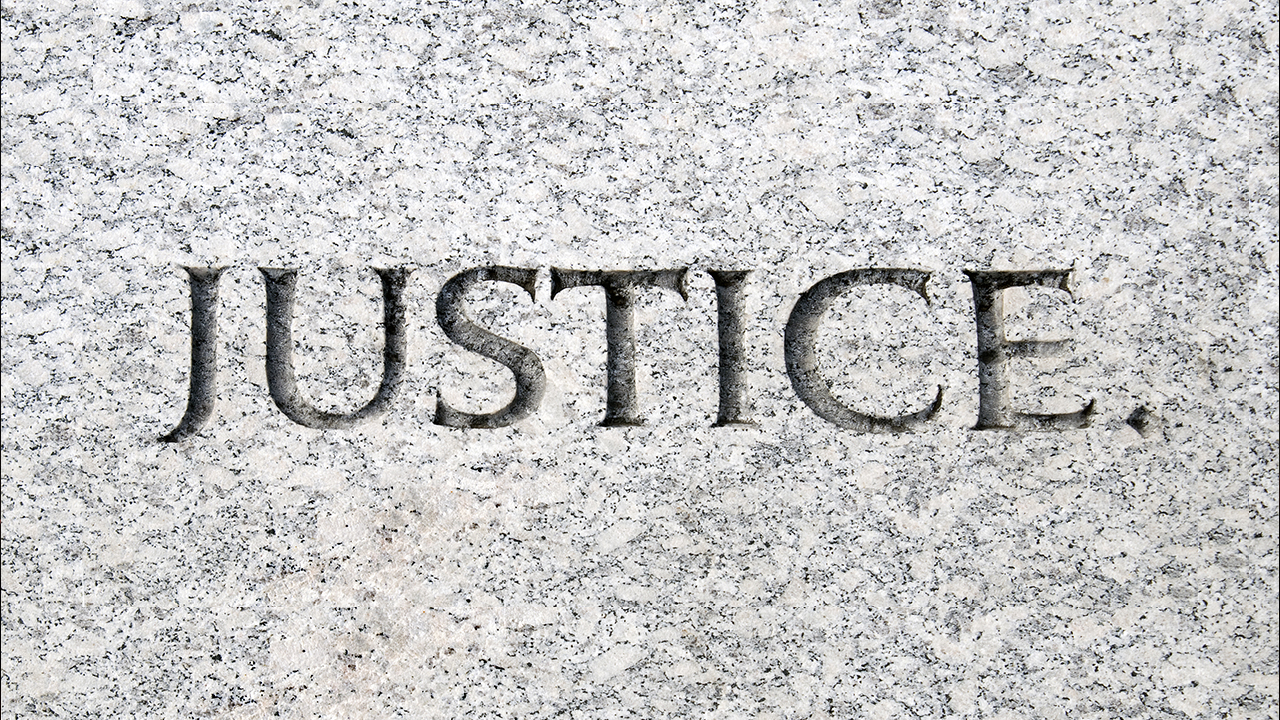
The breadth and scope of the Equal Protection and Due Process clauses of the Fifth and Fourteenth Amendments set us apart from other sovereign nations. The full weight and force of these legal doctrines cannot be understated.
Equal Protection under the law means precisely that – No government official, entity, or political institution under the jurisdiction of the United States shall be permitted to treat any individual in a manner disparate to others in similar settings and circumstances. Due Process recognizes a bundle of rights set forth to protect against arbitrary or malicious deprivation of a citizen’s “life, liberty, or property.”
This bundle includes the right to receive notice, the right be heard and the right to receive a decision by an independent uncorrupted adjudicator. In 1975, the renowned Judge Henry Friendly delivered a speech, later memorialized and expanded by him in a published Law Review article in which he enumerated 10 requirements that represent “best practices” to mitigate the risk a person’s procedural Due Process rights will be violated.
While the following list is not binding on a court, Judge Friendly’s article is cited by courts across the nation and the content remains highly prominent guidelines for judges to follow when defendants to a criminal matter raise due process violations in court.
- sAn unbiased tribunal.
- Notice of the proposed action and the grounds asserted for it.
- Opportunity to present reasons why the proposed action should not be taken.
- The right to present evidence, including the right to call witnesses.
- The right to know opposing evidence.
- The right to cross-examine adverse witnesses.
- A decision based exclusively on the evidence presented.
- Opportunity to be represented by counsel.
- Requirement that the tribunal prepare a record of the evidence presented.
- Requirement that the tribunal prepare written findings of fact and reasons for its decision.
The prized doctrines of Equal Protection and Due Process unite to ward off tyranny and to combat both malicious prosecution and vindictive enforcement of laws by officials who abuse their authority under the color of law.
Just last month, in NY State Rifle & Pistol Assn. v Bruen, the Supreme Court of the United States, (SCOTUS) reminded us that each and every citizen is entitled to the “full and equal benefit of all laws and proceedings concerning personal liberty [and] personal security.”
It is unacceptable for the U.S. government to treat people disparately under the law, that is to engage in selective prosecution or vindictive enforcement of our laws. That is not what America stands for and not who we are. There are certainly bad apples in our political institutions, but we must ensure, through our votes and voices, that the bad apples are the exception and not the rule.
Our country is navigating dangerous waters right now in nearly all aspects. To get through these troubling times with our nation intact, equal justice for all must prevail. The Executive Branch must carry out its duty without engaging in tactics tantamount to selective and malicious prosecutions, political persecutions or bad faith enforcement of laws. The Legislative Branch must be mindful of precedent they are setting and mitigate any scope creep or encroachment into the tempting realms of the other branches. And the Judicial Branch must keep within its constitutional bounds and apply law to fact fairly, dutifully, and without delay.
No person subject to the jurisdiction of the United States should be treated differently from others, by any official or institution deriving power from our branches of government, based upon bad faith, secret agendas, abuses of power, or out of evil motives – political, monetary, retaliatory, vexatious, or any other kind whatsoever.







